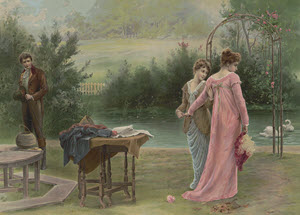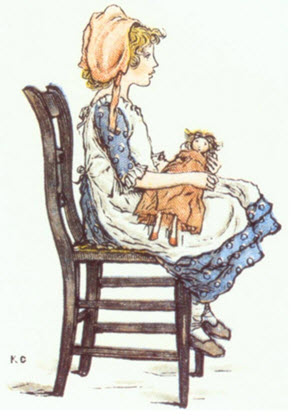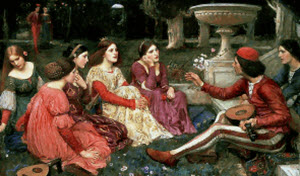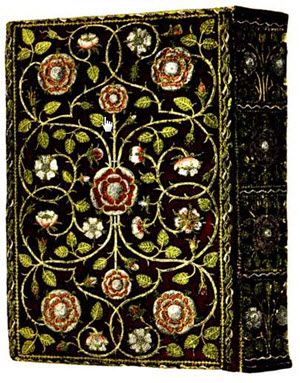EDGAR ALLAN POE - Part 22
The Evening Mirror did not satisfy Poe. Perhaps, as Briggs wrote to Low ell, "Willis was too Willisy" for Poe, though it is one of the ironies of life that Willis was never more Willisy than in his defence and eulogy of Poe.
At the beginning of the year 1845 Briggs and Briscoe had founded the Broadway Journal, and Poe contributed to it. In March he became a sort of co-editor. Briggs liked Poe less and less as time went on, and his letters to Low ell swing from doubt of Griswold's "shocking stories" to admiration of Poe, then to dislike, then to violent animosity.
Poe's good work at this time includes "The Imp of the Perverse, 77 the nearest of all Poe ? s work to something like a discovery in human nature, wonderful for its clear expression of shadowy things that every one else has dimly felt and no one else been able to say. To this year belongs also " The Facts in the Case of M. Valdemar." This revolting and fascinating tale has historical interest in that it became matter of solemn discussion among men of scientific pre tensions and excited the shivering, whimsical admiration of Mrs. Browning. Poe paid tribute to her by dedicating to her his "Raven" volume and by putting her above all her contemporaries except Tennyson. In return she left in a brief letter one of the few utterances of great writers, during Poe's life, which seem to modern taste to assess him justly.
As for the scientific interest of "M. Valdemar," let us recall that the whole weight of science and philosophy and scholarship has been gravely massed to prove that Poe was no man of science, no philosopher, no scholar. Yet he made whatever in his time passed for science look very silly by his baitings of its credulity. He had no difficulty in deceiving scholarship on its own grounds until after forty years it found him out. As for philosophy, he produced "Eureka," of which I shall say more presently.




